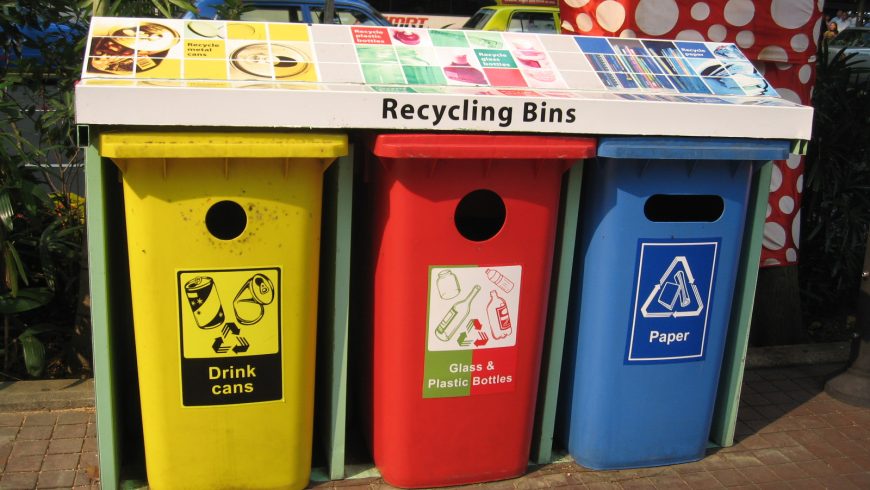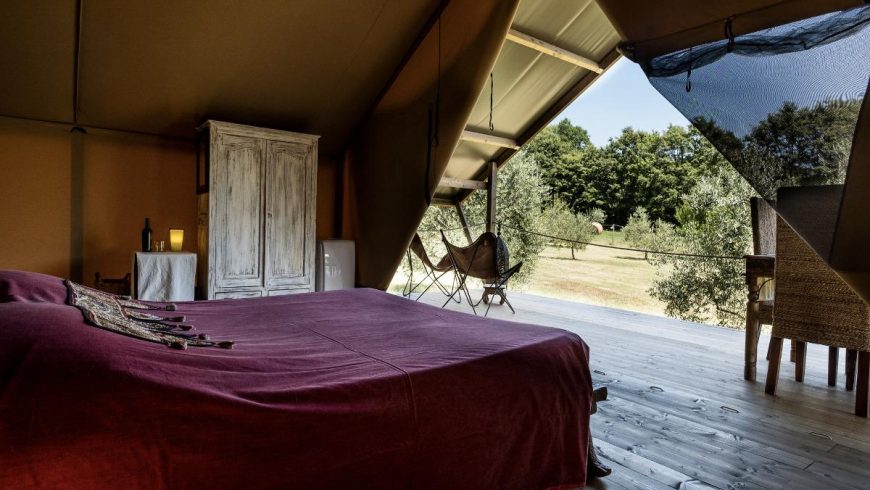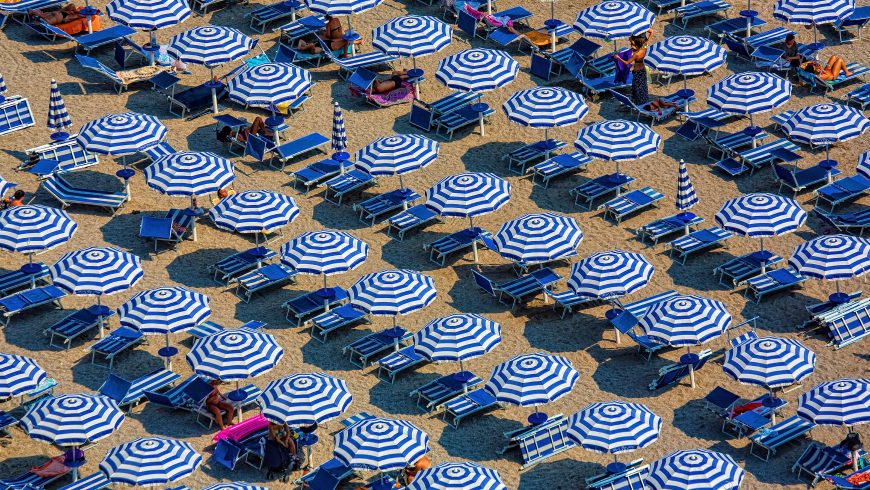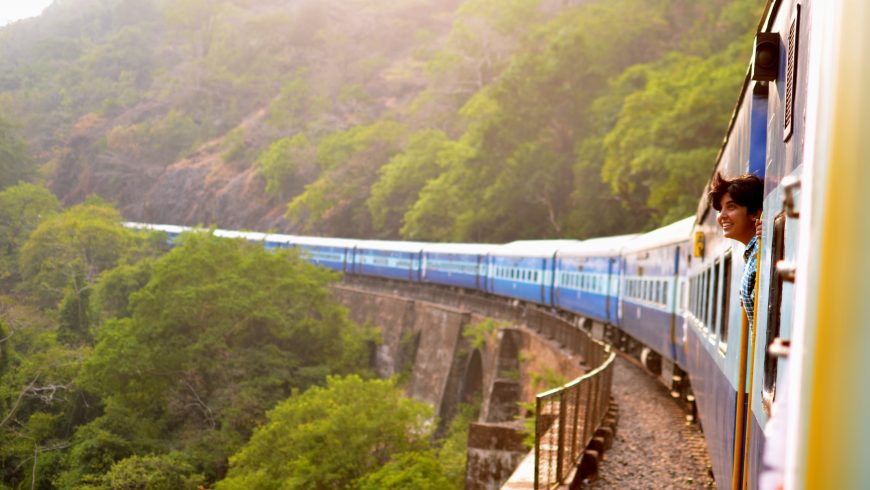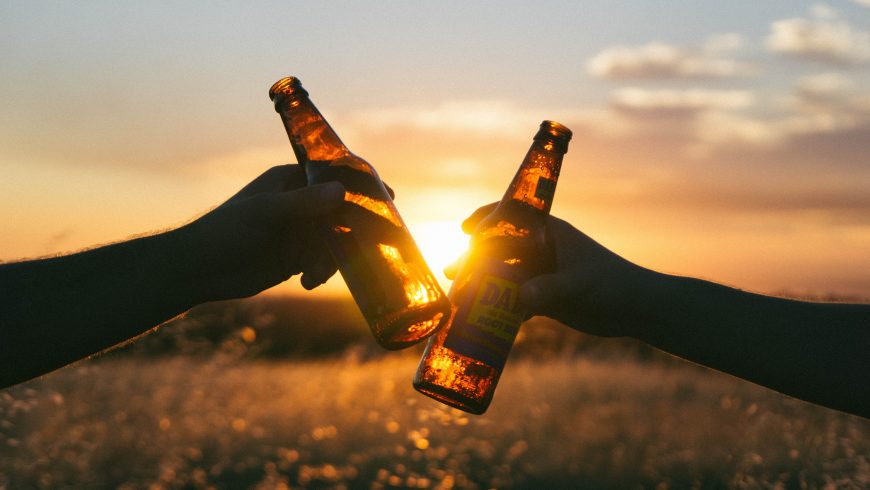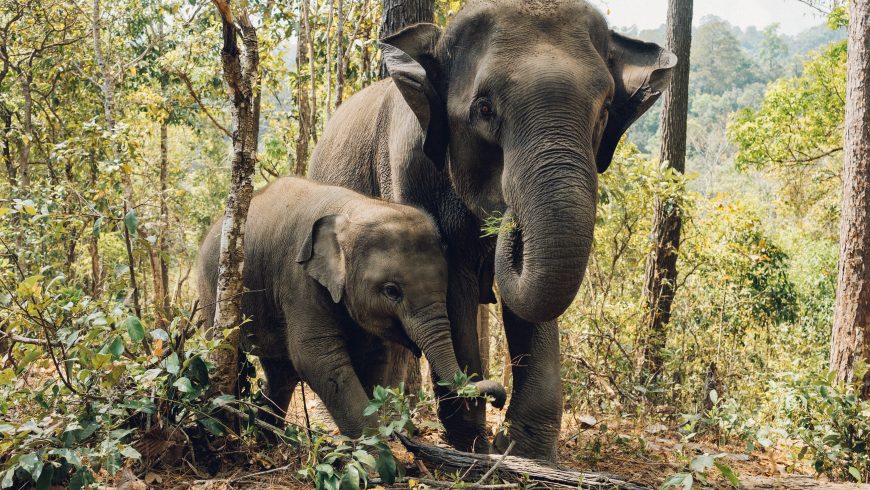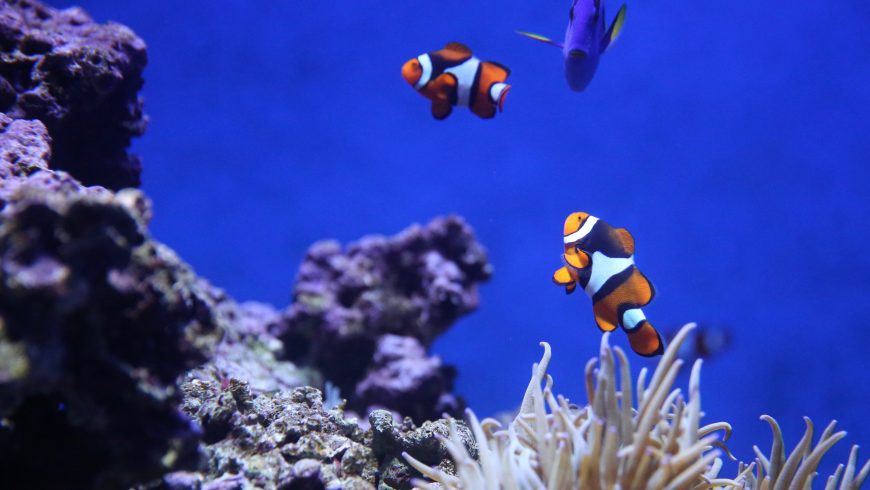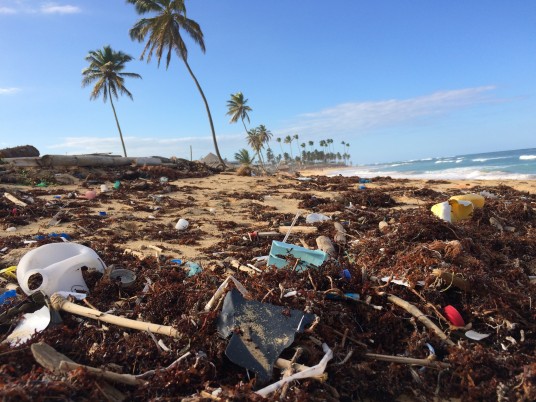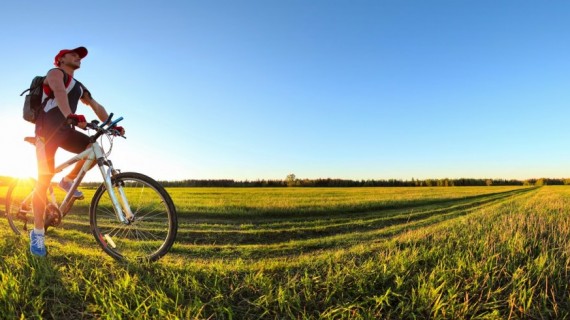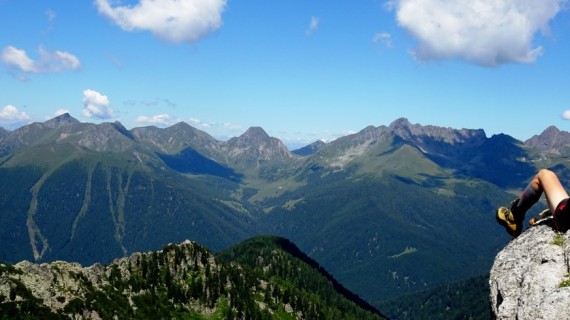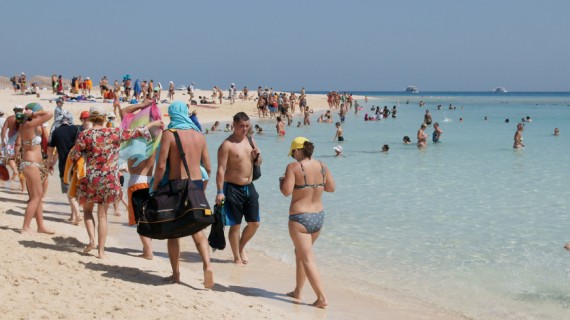How many natural resources do we consume when we travel? How can we reduce the carbon footprint and CO2 emissions of our holidays? Discover 40 simple rules to travel more sustainably!
The ecological footprint measures how many natural resources produced by the Earth we consume with our actions, including travel. The carbon footprint is a parameter that allows us to estimate our greenhouse gas emissions. Generally, it’s expressed in tons of CO2 equivalent (CO2 and). According to the Kyoto Protocol, there are several greenhouse gases to be considered for calculating carbon footprint. They are carbon dioxide, methane, nitrous oxide, fluorocarbons and sulfur hexachloride.
Let’s see what small advice we can follow before and during the trip to lessen our impact on the environment during the holidays.
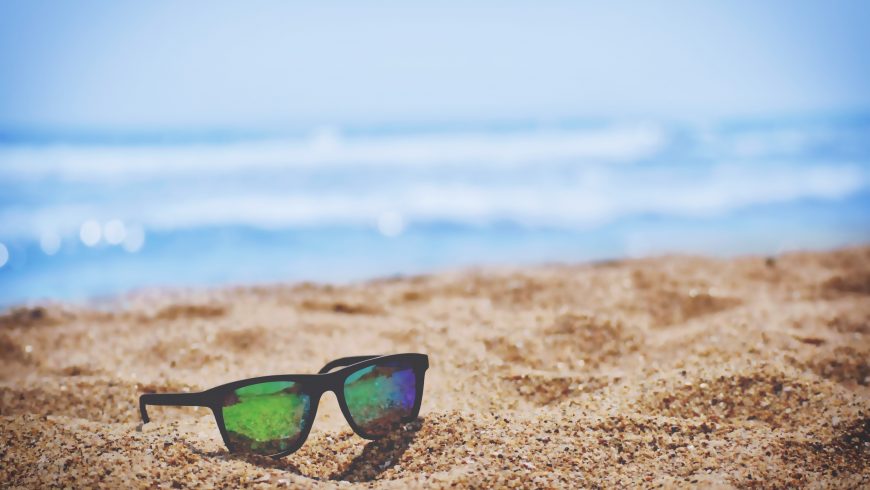
Before your trip: the rules for organizing your sustainable holiday
- If you decide to rely on a tour operator to organize your holidays, check the presence of the brands used to certify the reduced environmental impact of the services you are using. Do the same when you’re booking a hotel. The most important eco-labels in Europe are EU Ecolabel and Greenkey. In Australia it is EarthCheck, the LEED certification for the United States, the Green Globe certification present worldwide, Rainforest Alliance for Latin America, the Caribbean and the Green Tourism Business Scheme in Great Britain.
- Book an eco-friendly hotel. On Ecobnb you will find over three thousand hotels and bed & breakfasts. All of them commit to reducing their ecological footprint. In effect, they use clean energy, organic and local food, systems to reduce water consumption and energy waste, natural soaps, etc. Some of them also have environmental labels and certifications.
- Before leaving, inform yourself whether the hotel or the b&b where you stay has made the separate collection and whether it is plastic-free. In case of a negative response, you can press for them to start taking an interest in the environment. For example, they could start a separate collection program and remove plastic and disposable containers.
 photo by: Terence Ong on wikipedia
photo by: Terence Ong on wikipedia - Always ask for information about the ecological footprint of the accommodation where you’re going to stay. If the staff doesn’t know it, encourage them to calculate the environmental impact and to work to improve.
- Inform yourself beforehand about the origin of the hotel’s resources. Investments in the local economy are more eco-sustainable. Is the hotel hiring local staff? Do breakfast products come from local sources? Do the ingredients of the dishes in the restaurant come from the local farms?
- If you have the possibility, book in an ecolodge. You will find glamping surrounded by nature, hotels spread in ancient villages, eco-villages and numerous other elegant and sustainable accommodations. They all aim at minimizing the impact on the environment and educating guests on the local ecology.
 eco-glamping Sant’Egle in Toscana
eco-glamping Sant’Egle in Toscana - Avoid booking a cruise ship holiday: it is one of the most impacting ways of traveling on the environment. Not only do the cruise ships provoke air pollution, but also they are the main responsible for destroying coral reefs.
- If you are visiting a place famous for coral reefs, find out about the work done by local tourist companies to safeguard this precious environmental asset. You can rely on them to organize your holidays.
- Smaller groups tend to have less environmental impact than very large groups. So plan your trip with a small group tour that is committed to respecting the environment. Before booking, always make sure to ask how many people there will be.
- Find out in advance if the tour operator engages in the local economy thriving. You can ask if tourist guides are hired choosing local people or if they have a program to preserve the natural resources of the area.
 photo by: Ricardo Gomez Angel; on unsplash.com
photo by: Ricardo Gomez Angel; on unsplash.com - Avoid organizing your holidays in a multinational resort. Generally, the ownership of the resorts doesn’t belong to the local inhabitants, but to the large companies. Also, if you stay in a resort that has all the home comforts, how do you expect to get to know the history and culture of a new place?
- If you’re not in a rush, avoid the plane at all costs. Air flights are the main responsible for the CO2 production related to tourism all over the world. For this reason, air travel is not sustainable. Try traveling by bus or train. These options have less environmental impact and will turn your holiday into a real adventure.
- If you cannot avoid traveling by airplane, prefer to book your flight with one of the more than 30 member airlines of IATA (International Air Transport Association). Many of them are engaged in carbon offsetting programs by investing in sustainable development. Also, try to reduce the number of stopovers with the aircraft. Although it is more expensive, non-stop flying reduces the amount of carbon emitted by making fewer take-offs and landings.
 photo by: JK, on unsplash.com
photo by: JK, on unsplash.com - Take only what you really need with you and travel light if you decide to travel by car or plane. The more the means of transport weighs, the more CO2 emissions it produces. Therefore, start with light luggage, be adventurous and help the environment!
- Printing tickets for boarding cards in the smartphone era should be avoided. Use digital tickets and think about how many trees will not be cut down thanks to your green choice.
 Photo by Marianne Krohn on Unsplash
Photo by Marianne Krohn on Unsplash
During the holiday: tips to reduce the carbon footprint and travel green
- Try something new during your holiday and drink only drinks, beers and wine produced on-site! This will lead to a saving of CO2 on the transport of products from the place of production to the holiday resort.
 photo by Wil Stewart; on unsplash.com
photo by Wil Stewart; on unsplash.com - Use only reusable bags! Why using uncomfortable disposable bags that break all the time when you can use a beautiful reusable and colorful bag with a thousand patterns? Always choose the one you like the most and take it with you. Remember that the degradation of a plastic bag can take up to 500 years.
- Choose food packaged with glass, paper and cardboard rather than plastic. The cellulose of which the paper is composed may be subjected to different processing cycles and the recycled paper may be used to produce other papers.
- If the place of your holiday is equipped with taps with safe drinking water, use a bottle without BPA or a water bottle and fill it several times. You’ll save money and relieve the planet of the weight of more disposable plastic bottles. In Europe, you can lean on the network of refill points to fill your canteen. At the restaurant, remember to order water in carafe or glass bottles.
- If in your holiday resort the water of the aqueduct is not drinkable, do not buy bottled water imported from other countries. Prefer regional water in glass bottles.
- Use the hotel’s laundry service only if strictly necessary. Usually, they wash guests’ clothes separately even if there are few items. This leads to a great waste of water and detergents.
- Indicate to the cleaning staff that you intend to reuse the towel by hanging it on the towel holder. It is a universal signal that you want to use it again.
- Avoid accommodation facilities that offer disposable bathroom products, soaps and single-dose detergents. If it’s not possible, at the end of the trip, keep the toiletries that you started using at the hotel. Otherwise, they will throw them away at the end of your stay and this will generate waste.
 photo by Superkitina; on unsplash.com
photo by Superkitina; on unsplash.com - Unless it is strictly necessary to have your room cleaned, leave the sign “Do not disturb” on the door during your stay at the hotel. You will help to reduce the use of chemical detergents, electricity used for the vacuum cleaner and the washing of bed linen.
- Prefer the shower to the bath to save water. By taking a shower– remembering to close the water while soaking – about 25 liters of water will be used. On the contrary, about 250 liters of water will be waste if you choose the bathtub. This advice, like many others, is very important to observe also in everyday life.
- When you leave the room, remember to turn off all the lights and appliances, especially the television. If you leave it on standby, it continues to consume electricity.
- Don’t steal sand or stones from the beach. Even taking just small amounts of sand from the sea contributes to the erosion of the beaches and the modification of the delicate balances of the natural environments. Besides, you could get high fines at the airport.
- Do not buy plants or animals that are endangered or threatened with extinction. It is wrong from an ecological point of view and from the point of view of the balance of biodiversity. In any case, at the customs, they wouldn’t allow you to bring them home. In some countries, they could even arrest you or fine you for purchasing endangered species.
- Do not participate in tours that promote close encounters with wildlife, or in elephant-riding tours. If you want to see a wild animal up close, visit an animal sanctuary. They are present all over the world and are a volunteering opportunity for travelers like you.
 photo by paweldotio; on unsplash.com
photo by paweldotio; on unsplash.com - Make smart purchases even if you are in a country with different environmental legislation than which that you are used to. Read the labels and ask about the ingredients of what you are buying.
- Walk, pedal or use public transport as much as possible to get around your tourist destination. These good habits have a positive impact on the environment and the portfolio. Besides, they allow you to better visit the cities and admire the landscapes too.
- During snorkeling or scuba diving, do not touch corals, fish and jellyfish. Do not touch the sand and keep a neutral setting so as not to damage the fragile ecosystem of the coral reef.
 photo by Wembley; on unsplash.com
photo by Wembley; on unsplash.com - Find out how the tour operator contributes to the local community’s wealth. This helps put pressure on companies so that they do better. For example, ask if they hire local guides or if they play a leading role in preserving the natural resources of the area. Learn more about responsible tour operators here.
- If your destination is a beach, remember to bring a bag and collect your garbage – and also the waste you will find abandoned by someone else. Your gesture of civilization will surely help save marine creatures.
 photo by Dustan Woodhouse; on unsplash.com
photo by Dustan Woodhouse; on unsplash.com - The garbage you collected will then be recycled properly. Do not leave it randomly in front of the park entrance or of the structure you are visiting.
- In the mountains, the paths are marked both for your safety and not to damage the native flora and to try to disturb as little as possible the wildlife. If you move on foot, but also by mountain bike or e-bike, do it responsibly, without getting off the beaten track.
- If during an excursion you spot wild animals, do not try to approach them and try not to disturb them. It is very important not to touch the animals, especially if they’re puppies and alone. Why? Because the mother might not find them on her return if she can’t smell them.
 photo by Delphine SCHIEB; on unsplash.com
photo by Delphine SCHIEB; on unsplash.com - For your holiday souvenirs rely on the local artisans. Not only will it be a more authentic memory, but you will also have helped the economy of the place.
- If you want to travel green, avoid visiting famous destinations just because they are popular. Overtourism causes a lot of damages, sometimes irreparable, to ecosystems, flora and fauna. Choose particular destinations, pearls and unknown places… your holiday will be more original and more interesting to tell!
- Traveling you have the extraordinary opportunity to know new lands, new customs and cultures. Bring with you what you have learned and give as much as you can. Many countries in the world, popular tourist destinations, are actually very poor areas of the planet. So even a small contribution can make the difference.
Cover image: Photo by Nathan McBride on Unsplash

